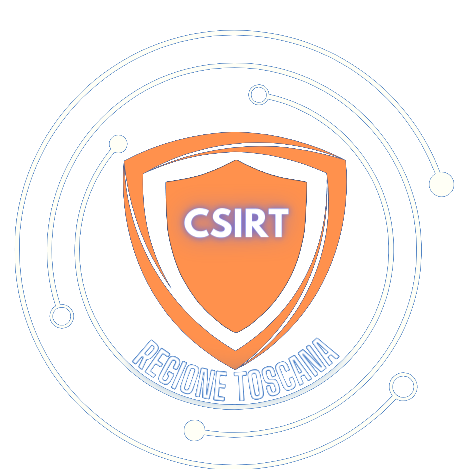Aggiornamenti Mensili Microsoft (AL01/250409/CSIRT-ITA)
Data:
9 Aprile 2025
Impatto Sistemico
Alto (72.56)
Sintesi
Microsoft ha rilasciato gli aggiornamenti di sicurezza mensili che risolvono un totale di 127 nuove vulnerabilità, 1 di tipo 0-day.
Note : il vendor afferma che la CVE-2025-29824 risulta essere sfruttata attivamente in rete.
Tipologia
- Information Disclosure
- Elevation of Privilege
- Denial of Service
- Security Feature Bypass
- Spoofing
- Remote Code Execution
Descrizione e potenziali impatti
Nel dettaglio le vulnerabilità sfruttate attivamente e/o per alcune delle quali risulta disponibile in rete anche un “proof of concept”, riguardano:
- Windows Common Log File System (CLFS) : identificata tramite la CVE-2025-29824, di tipo “Use-after-Free” e con score CVSS v3 pari a 7.8. Tale vulnerabilità interessa il driver CLFS e permetterebbe, ad un utente locale con privilegi standard, l’ottenimento di privilegi elevati sul sistema target.
Prodotti e versioni affette:
- Active Directory Domain Services
- ASP.NET Core
- Azure Local
- Azure Local Cluster
- Azure Portal Windows Admin Center
- Dynamics Business Central
- Microsoft AutoUpdate (MAU)
- Microsoft Edge (Chromium-based)
- Microsoft Edge for iOS
- Microsoft Office
- Microsoft Office Excel
- Microsoft Office OneNote
- Microsoft Office SharePoint
- Microsoft Office Word
- Microsoft Streaming Service
- Microsoft Virtual Hard Drive
- OpenSSH for Windows
- Outlook for Android
- Power Automate
- Remote Desktop Client
- Remote Desktop Gateway Service
- RPC Endpoint Mapper Service
- System Center
- Visual Studio
- Visual Studio Code
- Visual Studio Tools for Applications and SQL Server Management Studio
- Windows Active Directory Certificate Services
- Windows BitLocker
- Windows Bluetooth Service
- Windows Common Log File System Driver
- Windows Cryptographic Services
- Windows Defender Application Control (WDAC)
- Windows Digital Media
- Windows DWM Core Library
- Windows Hello
- Windows HTTP.sys
- Windows Hyper-V
- Windows Installer
- Windows Kerberos
- Windows Kernel
- Windows Kernel Memory
- Windows Kernel-Mode Drivers
- Windows LDAP – Lightweight Directory Access Protocol
- Windows Local Security Authority (LSA)
- Windows Local Session Manager (LSM)
- Windows Mark of the Web (MOTW)
- Windows Media
- Windows Mobile Broadband
- Windows NTFS
- Windows Power Dependency Coordinator
- Windows Remote Desktop Services
- Windows Resilient File System (ReFS)
- Windows Routing and Remote Access Service (RRAS)
- Windows Secure Channel
- Windows Security Zone Mapping
- Windows Shell
- Windows Standards-Based Storage Management Service
- Windows Subsystem for Linux
- Windows TCP/IP
- Windows Telephony Service
- Windows Universal Plug and Play (UPnP) Device Host
- Windows Update Stack
- Windows upnphost.dll
- Windows USB Print Driver
- Windows Virtualization-Based Security (VBS) Enclave
- Windows Win32K – GRFX
Azioni di mitigazione
In linea con le dichiarazioni del vendor, si raccomanda di procedere all’aggiornamento dei prodotti impattati attraverso l’apposita funzione di Windows Update.
Riferimenti
- https://msrc.microsoft.com/update-guide/releaseNote/2025-Apr
- https://msrc.microsoft.com/update-guide
CVE
Change log
| Versione | Note | Data |
|---|---|---|
| 1.0 | Pubblicato il 09-04-2025 | 09/04/2025 |
Ultimo aggiornamento
12 Maggio 2025, 12:29

 CSIRT Toscana
CSIRT Toscana